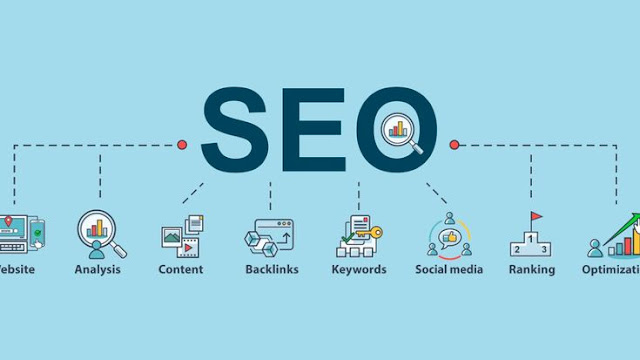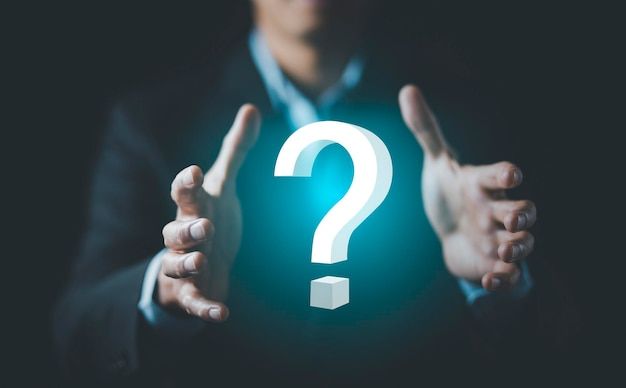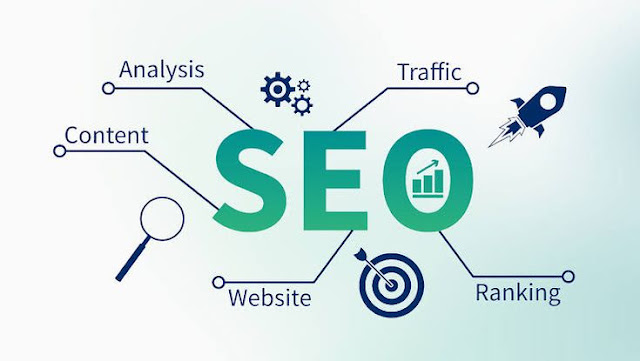Learning the Fundamentals of On-Page and Off-Page SEO
Search engine optimization (SEO) is a major part of digital marketing, and two of its core pillars are on-page SEO and off-page SEO. These two approaches work together to improve your website’s visibility, bring in quality traffic, and build a lasting online presence. Whether you’re a small business, a blogger, or a professional looking to grow your brand, learning how these two types of SEO function is essential.
1. What Is On-Page SEO? Key Elements You Should Know
On-page SEO is the techniques implemented directly on your site to enable it to rank higher in search results. You entirely own these factors, which are:Content Quality: Creating content that is new, pertinent, and helpful to users.
Keyword Optimization: Incorporating the appropriate keywords naturally within your content, headings, titles, and meta descriptions.
Page Organisation: Concise headings (H1, H2, etc.), readable URLs, and suitable internal linking.
Mobile-Friendliness: Making sure that your site runs seamlessly on tablets and smartphones.
Page Speed: Optimising load times to make the experience better for users.
The goal of on-page SEO is to optimize your site to be more useful and accessible for both search engines and users.
2. The Role of Off-Page SEO in Building Authority
Off-page SEO encompasses activities outside your site to build its reputation and trust factor. You do not directly influence all these factors, but they significantly contribute:Backlinks: Getting quality links from other quality websites.
Social Media: Sharing your content on sites such as Instagram, Facebook, and LinkedIn.
Brand Mentions: When your site gets mentioned on blogs, forums, or media websites.
Guest Blogging: Creating content for other sites in return for backlinks.
Influencer Marketing: Collaborating with influencers to establish a wider reach for your content.
Off-page SEO makes search engines aware of your website as authoritative and trustworthy.
3. On-Page vs. Off-Page SEO: What's the Difference?
Feature On-Page SEO Off-Page SEO
Feature On-Page SEO Off-Page SEOControl: Totally controlled by the website owner, Partially controlled through outreach
Examples: Meta tags, content, internal links, Backlinks, social media shares, brand mentions
Main Goal: Relevance and improved user experience, Authority and credibility
Both techniques are required for an effective SEO plan.
4. Why Both On-Page and Off-Page SEO Are Important to Long-Term Growth
A successful online presence can't depend on a single SEO technique. On-page SEO assists your website in being indexed properly and gives a seamless experience to users. Off-page SEO assists individuals in discovering your site from referrals, links, and mentions.If you use both methods consistently, your website not only shows up in search results but also creates a reputation that continues to draw people back.
5. Easy Tips to Enhance Your On-Page and Off-Page SEO Today
On-Page Tips:
Make use of keywords naturally in titles and content.
Refresh outdated blog posts with fresh data.
Optimize images with correct file names and alt tags.
Off-Page Tips:
Request guest blogging opportunities.
Post your content frequently on social media.
Ask happy clients for backlinks or reviews.
Also, if your brand deals with multimedia, utilize the Best YouTube Video Editing Service to make your visual content Inspiring. For content creators constructing content in India, selecting the Best Video Editing Services in India will provide uniformity on platforms. Do not forget to look into Professional Video Editing Services that make your videos speak for your brand voice. And remain updated by adopting the Latest Video Editing Tips for better content performance.
Conclusion
Off-page and on-page SEO are two sides of the same coin. One targets what's inside your site, while the other establishes its credibility outside. The two used in conjunction create an effective strategy that enhances your online presence and establishes long-term success.For additional digital marketing tips and content services, check out cinemagiccreationn—your go-to platform for creative and SEO-effective content.
FAQs
Q1. Is it possible to concentrate only on on-page SEO and rank well?You may experience some short-term gains, but you need off-page SEO for long-term visibility and credibility.
Q2. What is the number of backlinks required?
There is no number. Concentrate on quality backlinks from credible and relevant websites.
Q3. What are the tools used for on-page SEO?
Yoast SEO, Google Search Console, and Screaming Frog are helpful for optimization.
Q4. How frequently should I refresh my content?
Update blog articles every 3–6 months to maintain fresh and timely content.
Q5. Do videos impact SEO?
Yes. Videos raise user engagement and time-on-site, which are good SEO signals.









Comments
Post a Comment